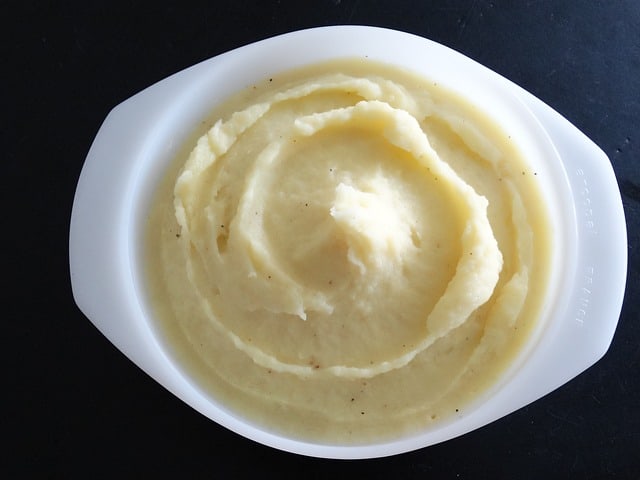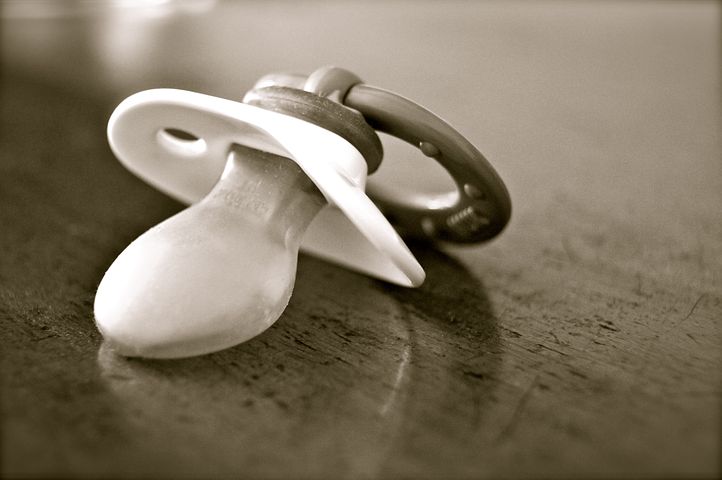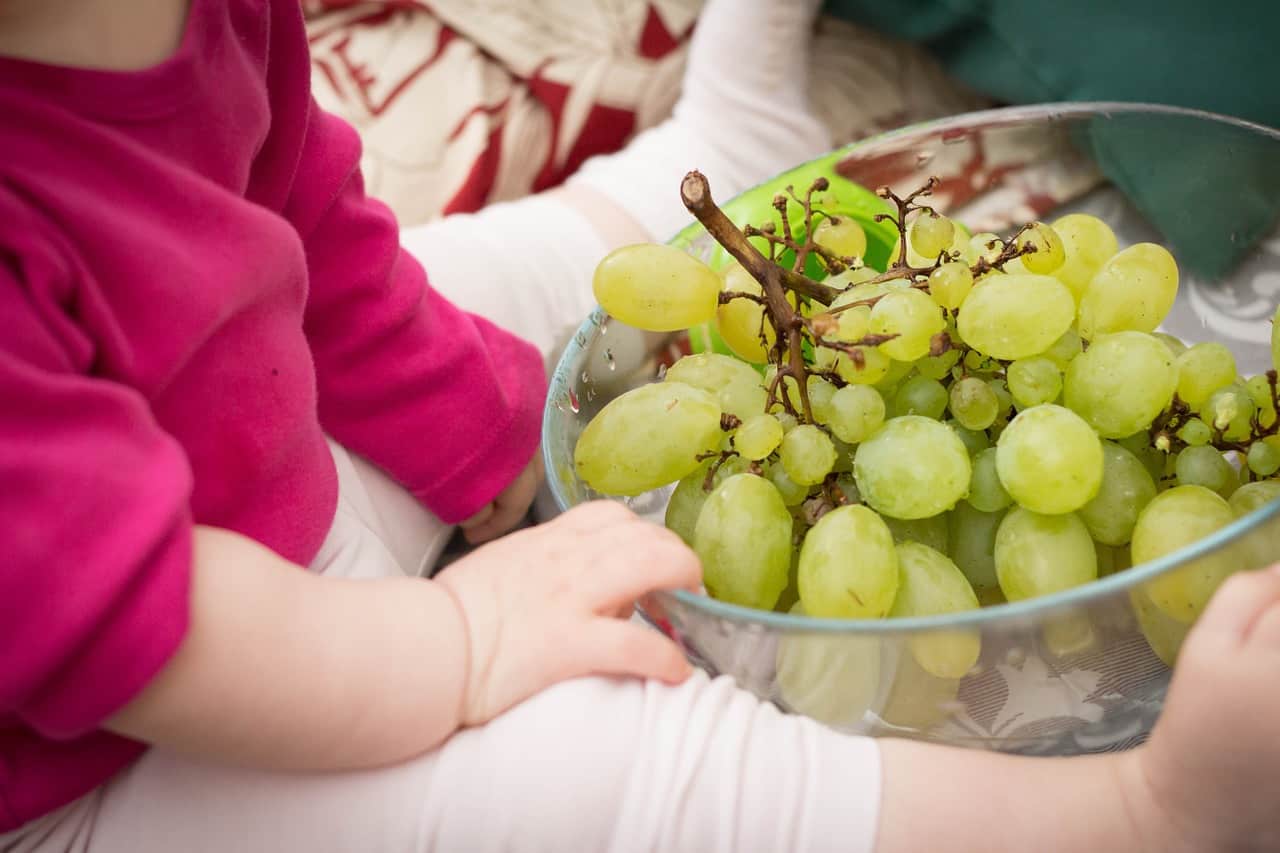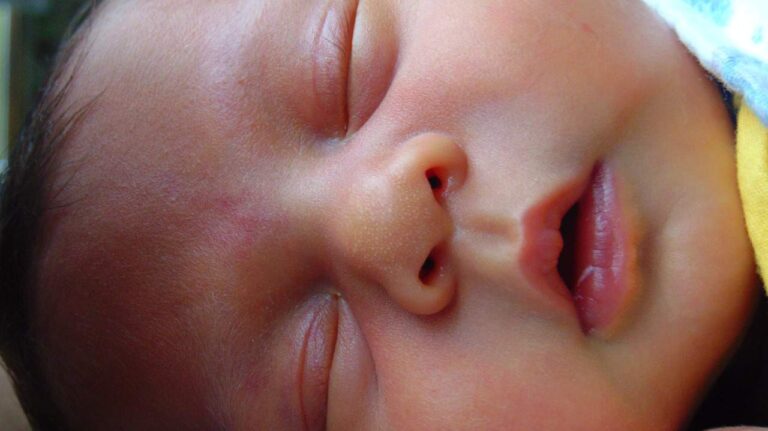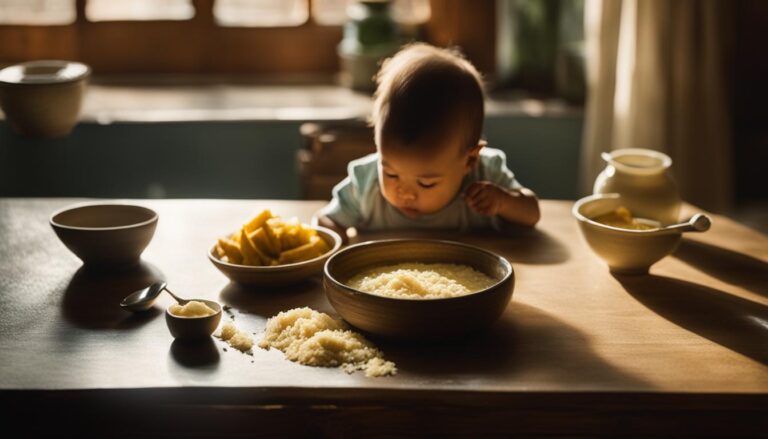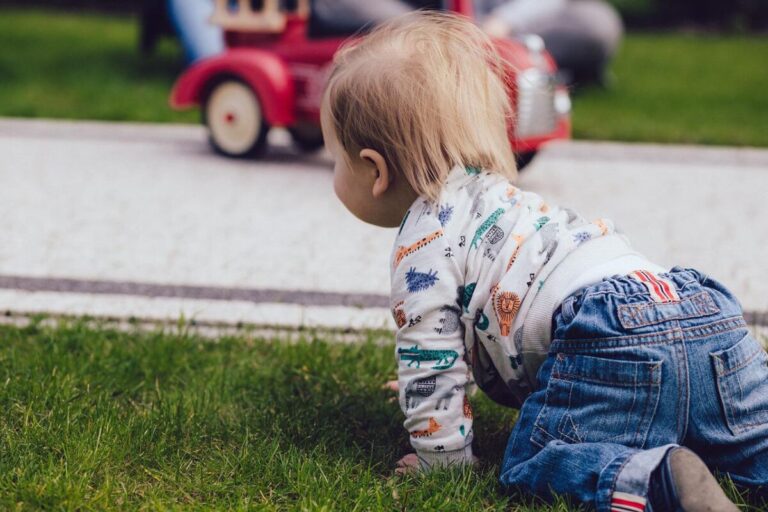Little One’s First Food: When Can Babies Eat Mashed Potatoes?
Food is one of the most important needs parents must give to their babies. Food provides nutrients that can boost a baby’s growth and development. Food is also a source of energy, which every growing infant needs.
At the start of their lives, babies rely solely on their mother’s breastmilk. Breastmilk provides all the essential nourishments a baby can need. The World Health Organization encourages mothers to give their baby breastmilk for at least two years or for as long as the mother and baby want.
But infants can’t rely on breastmilk forever. That’s why parents are advised to introduce solid food once their child is showing interest in having something other than breastmilk.
Mashed potatoes are a classic baby food dish. It’s easy to prepare, is very delicious, and is packed with vitamins and minerals. In this article, we’ll discuss when you can start feeding your baby mashed potatoes, as well as how to prepare it for your little one.
When Can Babies Eat Solid Food?
From birth, babies can only have breastmilk from their mothers. They are not allowed to eat or drink anything else, not even water. All the necessary nourishment babies can get comes from their mothers.
But around 6 months, parents can start introducing solid food to their babies. It’s during this time that babies are more developed to eat and digest solid food. A lot of doctors will also give a go-signal during this timeframe.
While babies, generally speaking, can start eating at 6 months, some might want to eat a little later. Some hints can tell you if your baby is interested in eating or not. But to summarize, babies can start eating when they show interest in food and are physically capable of eating and digesting.
When Can Babies Eat Mashed Potatoes
Potato is a vegetable that is rich in vitamins and minerals, including potassium. Cultures around the world include potatoes for a wide variety of food. It is a versatile root crop that can be eaten as a snack, appetizer, main course, and even dessert.
Potato is safe to introduce to babies when they are already 6 months. Potatoes are easy to digest and least likely to cause allergic reactions to babies. Furthermore, serving potatoes is a great way to introduce veggies to infants.
There are different ways to serve potatoes. But for most babies, mashed potatoes are the most appealing and safest way to prepare them.
The soft texture of mashed potatoes makes them easy to swallow and digest. Mashed potatoes are also safe for a babies’ digestion. In short, mashed potatoes are not only yummy but also easy on the tummy.
But mashed potatoes shouldn’t be the only thing babies eat. Breastmilk is still necessary for a baby during this time. Introducing other food can also keep your baby from getting bored of eating.
How To Prepare Mashed Potatoes for Babies?
There are plenty of great recipes online for babies’ mashed potatoes. These recipes by Mahak Aurora and Heather Morgan Shott are a few that we think your baby will appreciate.
But you can also make your own recipe at home. Mashed potatoes are so versatile that you can put anything you want into it.
If you’re a little new to the kitchen, don’t panic. Here is a quick recipe to help you out prepare your baby’s food:
- First, thoroughly clean your potatoes. Be sure to scrub the dirt off of the skin. After cleaning, peel the potato until no skin is attached.
- Next, cut them into cubes. This will make the boiling process easier.
- Boil your potatoes for 10-15 minutes. This will soften your potatoes and make them easier to mash.
- Drain the water from the potatoes. Mash your potatoes with either a fork or a potato masher.
- In a pan, melt a teaspoon of butter. Once adequately heated, toss the potatoes in.
- Cook in low heat. Add a little bit of breastmilk/formula to give the potatoes a creamy consistency. Sprinkle salt, pepper, and spices during this stage.
- Finally, turn the heat off and let your mashed potatoes cool. Serve warm so your baby won’t burn their lips or mouth.
Some Dos and Don’ts For Feeding Babies
Here are some tips and tricks to help you feed your baby mashed potatoes.
- DO add some milk to your mashed potatoes. Adding breastmilk or specialize formula can make your mashed potatoes creamier and easier to eat. But be warned of cow’s milk. Cow’s milk is dangerous for children under 1 year, so it’s best to avoid it for a while.
- DON’T make potato chunks too thick. Mash your potatoes thoroughly to avoid choking your infant.
- DO slowly incorporate solid food into your baby’s routine. Start feeding your baby only one meal a day until they adapt to solid food. You’ll slowly move on to feeding them twice a day to finally three times a day.
- DON’T make your baby food bland. Feeding your baby food with no flavors will make them feel bored of eating. Incorporate spices into your baby’s food when they turn 8 months old to make mealtime more engaging.
- DO make mealtime more exciting. Children will respond better when including stimulation during feeding time. Use colorful utensils, talk openly to your kids, and turn supper into a fun activity.
Conclusion
Babies require food to support their growth and development. At around 6 months, babies can start eating solid food in tandem with breastfeeding.
Mashed potatoes are one of the most popular dishes to give to your kids. It’s easy to prepare and introduce to infants. Mashed potatoes are also filled with nutrients that aid babies to grow big and strong.
Parents can serve mashed potatoes in different ways. It’s a versatile dish where you can incorporate spices and herbs. You can also add some cow’s milk and cheese when your baby turns older.
But mashed potatoes shouldn’t only be the thing babies eat. Parents should incorporate other solid food into their babies’ diet. Cereal, grains, yogurt, fruits, and vegetables are some foods that parents can introduce to their kids.

